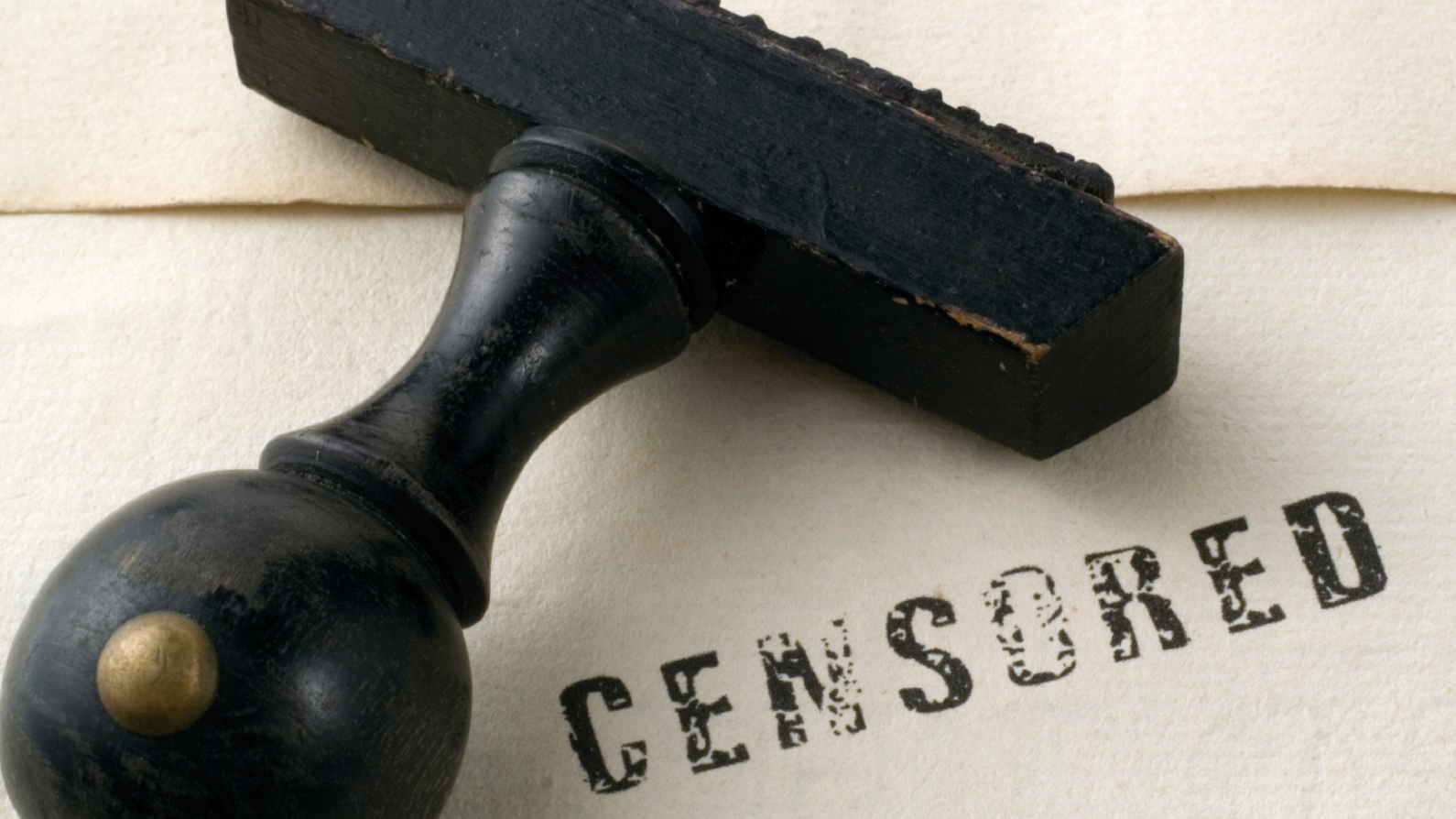
Sign up for breaking news, reviews, opinion, top tech deals, and more.
You are now subscribed
Your newsletter sign-up was successful
The UK government is considering stricter measures to filter internet pornography, a move that's been criticised by the Open Rights Group.
Ministers have suggested that people should be automatically barred from accessing inappropriate adult content unless they choose to. The suggestion is part of an inquiry into how to protect children from accessing inappropriate material online.
Pornography is its primary mark, though websites promoting suicide, anorexia and self-harm have been targeted too.
An open consultation from the DfE has been set up to gather views on the issue. The latest method suggested by ministers is 'active choice-plus', which would automatically block pornography. Users that do wish to access such content would be asked to 'opt-in' in order to visit sites promoting adult material.
Censored
Reacting to the new consultation, executive director of the Open Rights Group, Jim Killock, said, "This can of worms pushes censorship technologies and could damage access to perfectly legitimate and innocent websites.
"Giving parents tools is great, but 'Nanny State' filtering using government approved technologies is bound to fail the people it is designed to protect."
Porn patrol
Conservative MP Claire Perry is leading the push for greater restrictions to pornography and is behind inquiry.
Sign up for breaking news, reviews, opinion, top tech deals, and more.
Last year, the four main internet service providers – BT, Sky, Virgin Media and TalkTalk – signed an agreement to offer consumers the option to apply filters.
TalkTalk has developed its own system to protect children from inappropriate material online, which Perry endorses. However, investigations by PC Pro and the BBC's Newsnight demonstrate how is easy it is to bypass filters placed by the ISP.
The consultation closes in September.